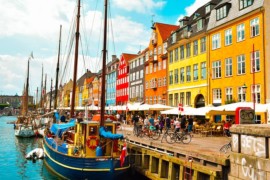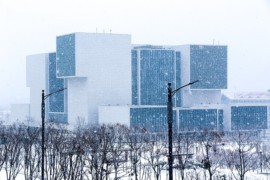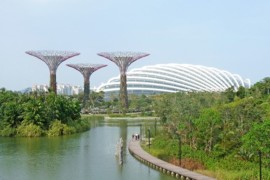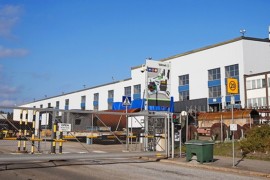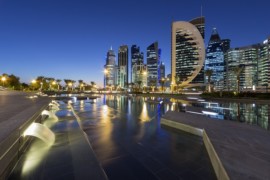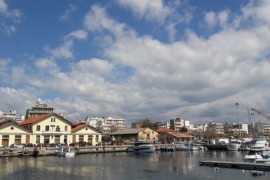A revolutionary man-made island project has been designed by Carlo Ratti and his team as part of the Helsinki Energy Challenge. The aim of the project is to create both new tourist destinations and, more importantly, to store energy.
The city of Helsinki, in Finland, has stated its intention to be carbon neutral by 2030, notably via its district heating system. To do this the municipality decided to organize an international competition, the Helsinki Energy Challenge 2021.
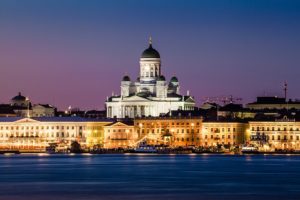
One of the winners of this competition was Carlo Ratti, an Italian architect and researcher from CRA (Carlo Ratti Assiociati), an international design and innovation office. Ratti decided to take up the challenge faced with the problem of storing renewable energies by proposing to use giant batteries which are used to store energy in periods where the production prices drop and which can then extract energy when there is increased demand on the district heating system in winter.
The “Hot Heart” project, scheduled to open in 2028, consists of several islets near the town of Helinski on the Baltic Sea, where energy will be stored in the form of hot water. It is a system that is designed to function like a giant thermal power plant, using seawater heat pumps to convert wind, solar and other forms of renewable energy into heat. Hot Heart tanks will be used to store the heated seawater.
The architect wants to turn his concept into a tourist destination that offers floating forests, reconstructed natural environments with a temperature which can be regulated using stored heat. Four domes will house a reconstituted tropical forest representing the Congo, Central America, Southeast Asia and Amazonia respectively. It is hoped that visitors will be able to explore the tropical rain forests as well as taking advantage of the swimming pools which will also be located inside the domes.
The designers hope to demonstrate the viability of this model and the possibility of exporting it to the world. Consequently, Carlo Ratti has chosen to emphasize the use of artificial intelligence which organizes the flow of energy as well as optimizating the synchronization of consumption and production of this energy, thereby allowing the circulation of energy to be carbon neutral.


